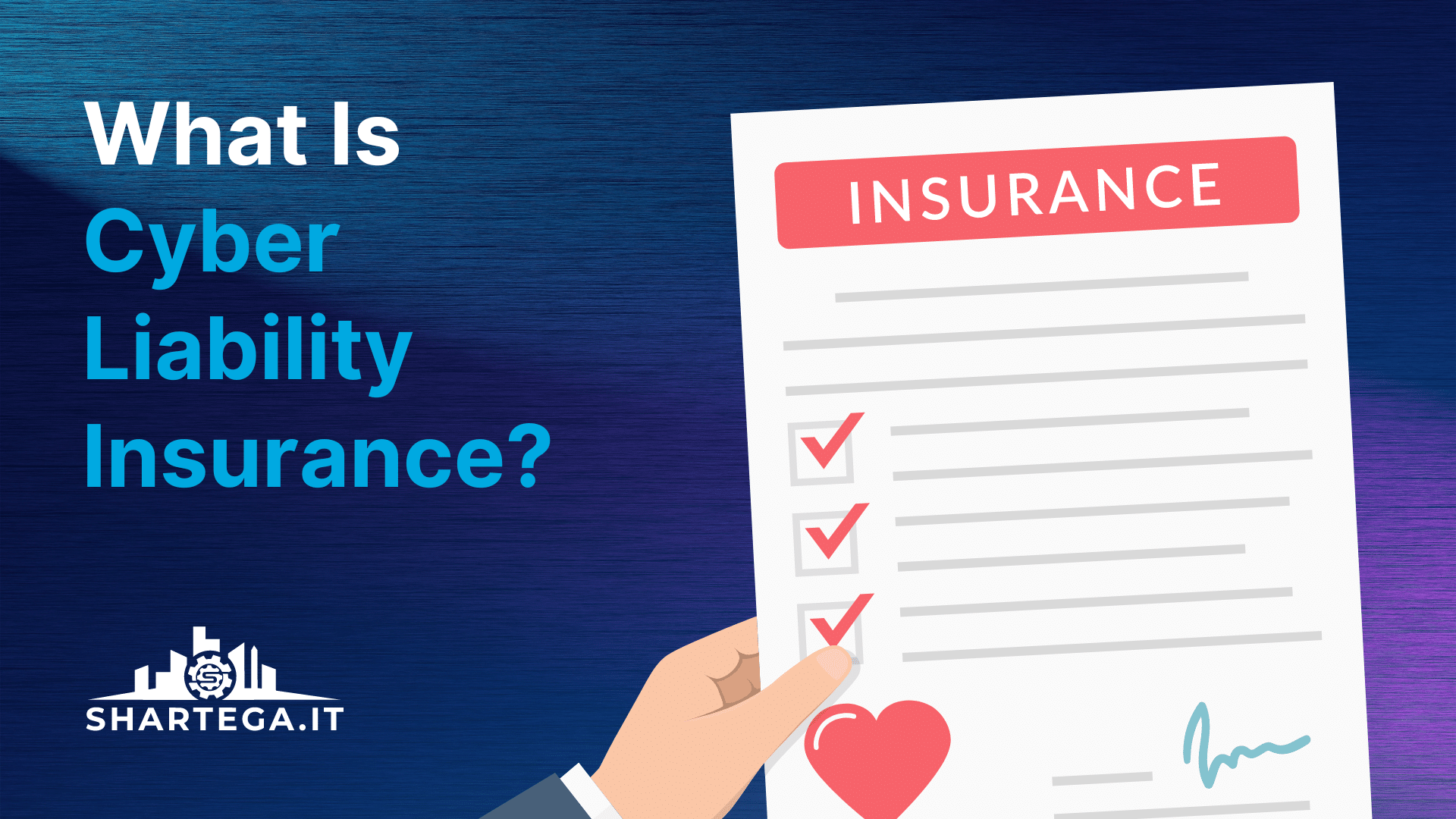As businesses and individuals continue to rely more on technology, the risk of cyber threats and data breaches is on the rise. Cyber liability insurance is a type of insurance that protects businesses and individuals from damages and expenses associated with cyber attacks and data breaches. In this article, we will explore the basics of cyber liability insurance, including what it covers, who needs it, and how to choose the right policy for your needs.
Understanding Cyber Liability Insurance
Cyber liability insurance, also known as cyber risk insurance, is designed to protect businesses and individuals from the costs associated with cyber attacks and data breaches. This type of insurance can provide coverage for a variety of expenses, including legal fees, notification costs, credit monitoring, and data recovery.
What Does Cyber Liability Insurance Cover?
Cyber liability insurance can provide coverage for a variety of expenses related to a cyber attack or data breach. Some of the most common expenses covered by cyber liability insurance include:
Data Breach Notification Costs
When a company experiences a data breach, they are often required by law to notify individuals whose personal information may have been compromised. Cyber liability insurance can provide coverage for the costs associated with notifying affected individuals, including printing and postage costs.
Legal Fees
If a business is sued as a result of a data breach or cyber attack, cyber liability insurance can provide coverage for legal fees associated with defending against the lawsuit.
Credit Monitoring
After a data breach, affected individuals may need to have their credit monitored to prevent fraudulent activity. Cyber liability insurance can provide coverage for the costs associated with credit monitoring services.
Data Recovery
If a company experiences a data breach or cyber attack, they may need to hire a professional to help recover lost or stolen data. Cyber liability insurance can provide coverage for the costs associated with data recovery.
Who Needs Cyber Liability Insurance?
Any business or individual that uses technology to store sensitive information should consider cyber liability insurance. This includes businesses that store customer data, such as credit card information, social security numbers, and medical records.
Individuals who store sensitive information on their personal devices, such as laptops or smartphones, should also consider cyber liability insurance. This is especially important for individuals who work from home or use their personal devices for work purposes.
How To Choose The Right Cyber Insurance Policy
When choosing a cyber liability insurance policy, there are several factors to consider. Some of the most important factors to consider include:
Coverage Limits
Make sure the policy you choose provides adequate coverage for your needs. Consider the potential costs associated with a cyber attack or data breach, and choose a policy that provides enough coverage to protect you from financial harm.
Deductibles
Make sure you understand the deductible associated with the policy. The deductible is the amount you will be required to pay out of pocket before the insurance coverage kicks in.
Exclusions
Make sure you understand the exclusions associated with the policy. Some policies may exclude certain types of cyber attacks or data breaches from coverage, so make sure you understand what is and isn’t covered.
Reputation of the Insurer
Choose an insurer with a good reputation in the industry. Look for reviews and ratings from other policyholders to get a sense of how the insurer handles claims.
How Much Does Cyber Insurance Cost?
The cost of cyber liability insurance can vary depending on several factors, including the size and industry of the business, the type of data stored, and the level of coverage needed. Here are some factors that can impact the cost of cyber insurance:
- Business size: Larger businesses typically require more coverage and may be at a higher risk for cyber attacks, which can increase the cost of insurance.
- Industry: Some industries, such as healthcare and finance, may be at a higher risk for cyber attacks due to the sensitive information they handle. This can impact the cost of insurance.
- Type of data stored: Businesses that store particularly sensitive information, such as medical records or financial data, may require more coverage, which can increase the cost of insurance.
- Level of coverage: The more comprehensive the coverage, the higher the cost of insurance. Some policies may also have higher deductibles or exclusions, which can impact the cost.
Do MSPs Provide Cyber Insurance To Clients?
Managed service providers (MSPs) are third-party companies that provide IT services to businesses, including cybersecurity services. While MSPs can help their clients implement cybersecurity measures to reduce the risk of cyber attacks and data breaches, they typically do not provide cyber liability insurance.
However, some MSPs may partner with insurance providers to offer their clients cyber liability insurance as part of a bundled service package. This can provide businesses with a comprehensive solution that includes both cybersecurity services and insurance coverage.
It’s important to note that MSPs are not insurance agents or brokers, and they do not have the expertise or authority to underwrite insurance policies. Any cyber liability insurance offered through an MSP would likely be provided by an external insurance company.
Businesses should carefully review any cyber insurance policies offered through their MSP to ensure that they provide the necessary coverage and protection for their specific needs. It’s also recommended to consult with an independent insurance agent or broker to ensure that the policy is comprehensive and provides adequate coverage.
Conclusion
In today’s digital world, cyber attacks and data breaches are becoming increasingly common. Cyber liability insurance provides valuable protection for businesses and individuals who store sensitive information on their devices. By understanding what cyber liability insurance covers, who needs it, and how to choose the right policy, you can protect yourself from the financial harm associated with cyber threats and data breaches.





